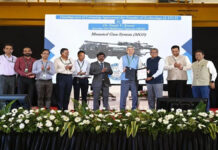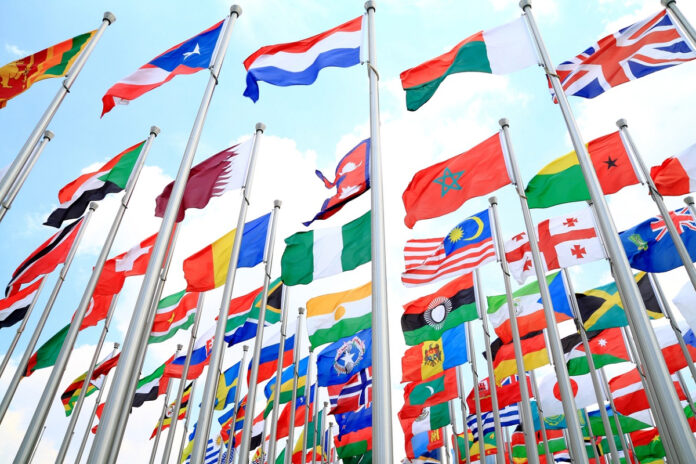new York, Aug 8
Marking a potentially pivotal moment, more than 300 delegates will convene in Montreal, from August 12 to 16 to advance a 2022 global agreement to share fairly and equitably the multi-trillion dollar annual revenues and other benefits derived from uses of digital sequence information (DSI) on genetic resources, including the DNA of plants, animals, and microorganisms.
The Ad Hoc Open-ended Working Group on Benefit-sharing from the Use of DSI on Genetic Resources, established by the 196 nations to the Convention on Biological Diversity (CBD), will work through options for operationalising the multilateral mechanism, including a global fund.
The multilateral mechanism and the associated global fund were adopted at COP15 as part of the historic Kunming-Montreal Global Biodiversity Framework (KMGBF), the world’s master plan guiding biodiversity actions through 2030 towards achieving the vision of a world living in harmony with nature by 2050.
If its operationalisation is adopted at COP16 (Cali, Colombia, from October 21 to November 1), the multilateral mechanism, including a global fund, is expected to mobilise new streams of additional funding for biodiversity conservation worldwide, and to support the CBD’s three overarching objectives: conserving biological diversity, sustainable use of its components, and the fair and equitable sharing of the benefits arising from the use of genetic resources.
“The parties (nations) are ready to move towards the next stage of considering options based on the work that has been done so far. We appreciate their vote of confidence and commitment towards a pragmatic and adaptive solution that is cost-effective, efficient and simple,” said Mphatso Kalemba of Malawi and William Lockhart of the UK, the Co-Chairs of the Ad Hoc Open-Ended Working Group within which the negotiations are unfolding. “At this meeting, we hope to hear a clear positive signal of commitment and goodwill to the shape of this multilateral mechanism.”
Sectors that rely on DSI, such as pharmaceuticals, chemicals, cosmetics, agriculture and other consumer products, stand to gain from clearer guidelines on benefit-sharing, while Indigenous peoples and local communities, as custodians of biodiversity, stand to benefit from the fund.
The talks in Montreal will address critical operational details: who pays, how much, and under what conditions, and how to ensure transparency and inclusivity in decision-making.
“The multilateral mechanism is a game-changer. It is expected to provide a multilateral solution and policy guidance on benefit-sharing from the use of DSI on genetic resources, address the crucial aspects of equity, fairness and social justice, bolster capacity-building and development and technology transfer, and mobilise new streams of biodiversity finance,” said Astrid Schomaker, Executive Secretary of the CBD, adding the multilateral mechanism could be a signature outcome of the forthcoming COP16 in Colombia.
“In the same manner as the historic Kunming-Montreal Global Biodiversity Framework adopted in 2022, a breakthrough on the DSI multilateral mechanism would signal that environmental multilateralism can deliver for people and nature,” Schomaker added.



























